The six high school friends now worth £1 billion
The Worcestershire state school South Bromsgrove High is celebrating a sixth former pupil leading a highly ranked Sunday Times 100 company.
Thirty-one-year-old Liam Molesworth’s Clive Henry Group, a technology and recruitment firm in healthcare, has joined three other companies in featuring prominently in the league table. Collectively they have created personal wealth of close to £1 billion and employ more than 1,000 people, many of them former pupils of the high school and others in the West Midlands.
The three other companies are: Gymshark, the activewear brand topping the Sunday Times Fast Track 100 in 2016 (which preceded the Sunday Times 100), set up by Ben Francis and Lewis Morgan, both 32; fellow activewear label AYBL, founded by the brothers Reiss, 31, and Kristian Edgerton, 30, and the fashion brand Manière De Voir, launched by the former Manchester City footballer Reece Wabara, 32, which featured twice, in 2022 and 2023.
James Siddle, the high school’s deputy head, recalls a textiles class visit to Gymshark’s HQ near Solihull in 2019. “The amount of ex-students that had been appointed there was absolutely lovely. It was like being in the sixth form common room, but a few years later. Joe Francis, Ben’s younger brother, was there, as was Mitch Healey, another former student [who became the global retail and events director].”
Other key South Bromsgrove High alumni at Gymshark include Dan Parkin, who is now based in Australia, and Richard Boon, a senior tech manager. Even Molesworth’s younger brother, Jordan, was a product designer for five years. They all helped to make the company successful, Francis says.
Of the four businesses, Gymshark came first, in 2012, founded by Francis and Morgan at home while they were holding down part-time jobs and studying at university (which they later abandoned). The company was valued at £1 billion in August 2020, when the US private equity firm General Atlantic acquired a 21 per cent stake, giving Morgan the opportunity to sell his remaining £100 million stake entirely while Francis increased his holding to 70 per cent.
• Explore the full list of companies on this year’s Sunday Times 100 — plus interviews, company profiles and more
Gymshark’s sales have risen sharply since to £556 million, but its profit margins have been squeezed, lowering its valuation, according to the latest Sunday Times Rich List. Meanwhile the other companies have made progress. Despite the intense competition, and the occasional falling-out — Morgan left Gymshark several years before the private equity deal — they regularly chat about the challenges they face.
Molesworth set up his business with co-founder Sam Alsop-Hall, 34, in 2019, after time as a professional footballer with the Adelaide Blue Eagles in Australia and AFC Eskilstuna in Sweden. The Clive Henry Group sells a range of services to the NHS, including agency staff, and also consultancy to help the health service adopt new technology. The group is ranked No 2 this year, with an average 265 per cent increase in sales to £20 million in the three years to 2023. In the past year or so trading has been tougher, with revenues flat.
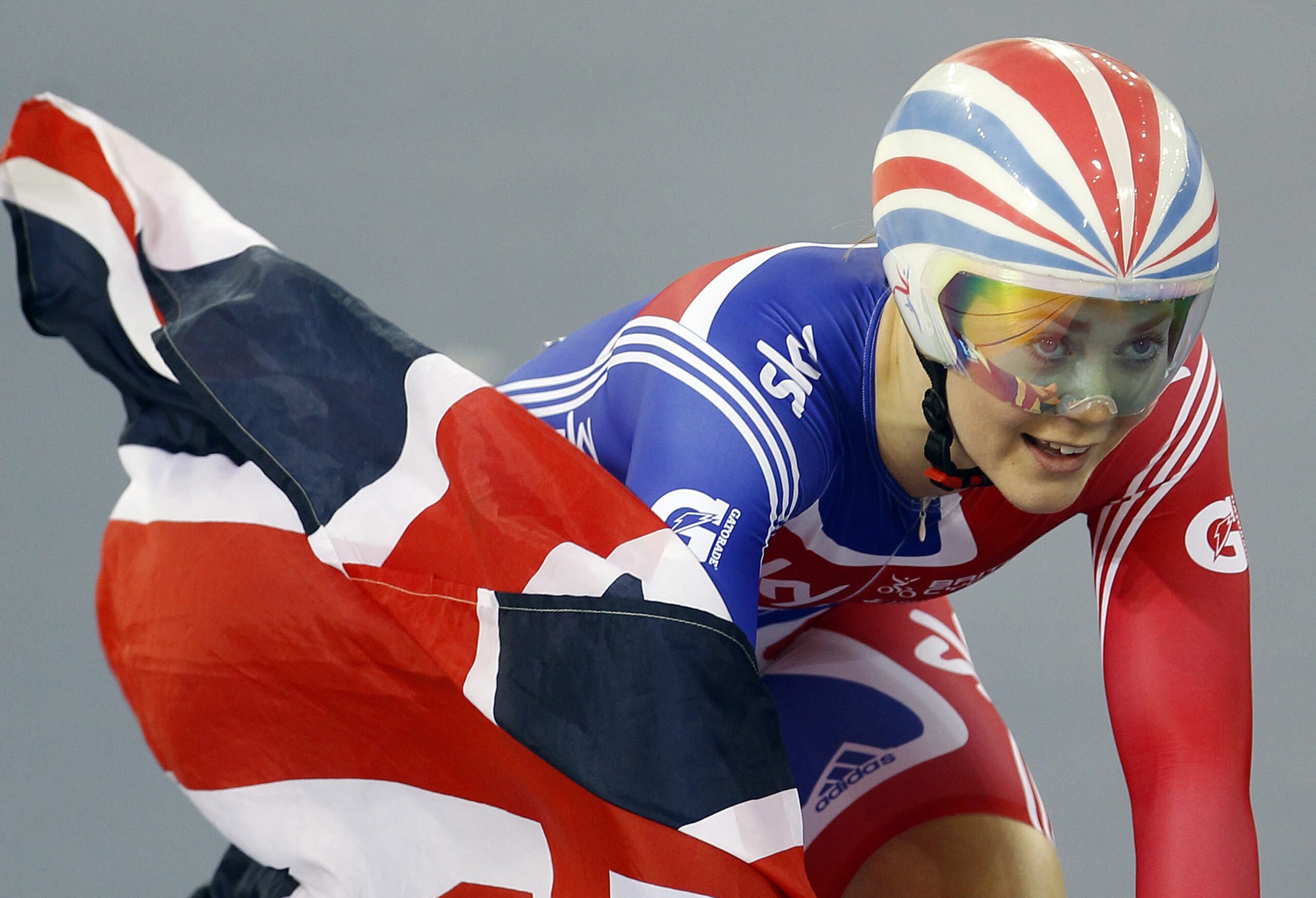
Paul Topping, who was headmaster at the high school for seven years from 2010, recalls Molesworth. “In the sixth form, students have a bit more freedom to express themselves. I remember him as one of those students who was quite prepared to open his mouth and say what he thought. We encouraged students to hold opinions and express them. Liam had a strong personality and it doesn’t surprise me that he is doing as well as he is doing.” Siddle says an impressive Michael Bublé-style rendition of Fly Me to the Moon for the school’s annual Pop Icons competition was the memory of Molesworth that sticks with him.
One of Molesworth’s own recollections of school is even more colourful. “I did get suspended in sixth form for getting my bum out in the playground,” he says. They were kicking a football around during a Year 12 study period while the rest of the school were in class. “We were playing a game of ‘red arse’: headers and volleys, and if you miss it you get the ball kicked at you.” As he dropped his trousers and prepared to take his punishment, pupils in the classrooms overlooking the sports field happily stopped what they were doing and gawped. “I didn’t realise we had half the school watching,” Molesworth says.
Alsop-Hall, who studied for his A-levels at an independent school in Newport, wonders why this cohort of entrepreneurs emerged from the same school at this time. “[I have] no idea what they were feeding them,” he says.
• Ben Francis: Britain is an amazing place to start a business
As it turns out, their business success has more to do with the friendships they struck up while at school than direct inspiration from their time there. Each has his own experience of school. Reece Wabara found it “easy”, although he remembers he was “always fighting”. He left with a mix of GCSE results at 16 to take up a football contract with Manchester City and turned professional at 19, returning home with a £2,000-a-week deal and a BMW X6 (swiftly followed by a Porsche Panamera) while his friends were still working out what to do with their lives.
“Bromsgrove is not a great area and if you see someone at 19 years old earning a certain amount of money, that can show what is possible. I think that spurred Lewis to say, I need to earn some money, what do I need to do?” Wabara states.
Morgan and Francis shared a love for weightlifting. Francis admits his grades were “average” before he discovered the gym. “It gave me structure, routine and discipline. My grades improved significantly,” he says. After school the pair teamed up to build a website, initially selling supplements before landing on branded T-shirts printed at home. Gymshark started to gain traction after a year.
Morgan and Wabara remained friends after school. “I remember a casual comment from Lewis to me, saying you should do something in fashion,” Wabara says. “At that point Gymshark was not even six-figure revenue. Manière De Voir was formed a year into Gymshark’s inception, but at this point it was a hobby. You are hoping to become something but definitely not imagining what it would be.”
He continues: “Until 20 years old, especially with Reiss and Lewis, I am sure they would never have imagined in a million years that they would go on to do what they did. And neither would I. If you had asked me when I started the business aged 22, I would still have thought I would be a footballer at 32 and not owning a business with strong artistry at 32.” As it turned out, he called a day on his professional football career at the age of 25 to focus on Manière De Voir, which is now making bumper profits and has a store on Oxford Street in London.
“The most important thing is when you see someone you know become successful, or even start becoming successful, there are two types of people: those who think, fair enough, if he can do it I can do it too, and those who become jealous and bitter. None of us were envious of each other, and we spurred each other on and helped each other. It is a testament to friendship and seeing what is possible.”
Morgan, who says he achieved “sub-par” A-levels, thinks the competition within the group also mattered. “It all comes down to the people in your circle: hard work, the internet and timing. Once one person shows you something is possible, you believe it and achieve it. They then respond and level up. It’s just a breeding ground for success.”
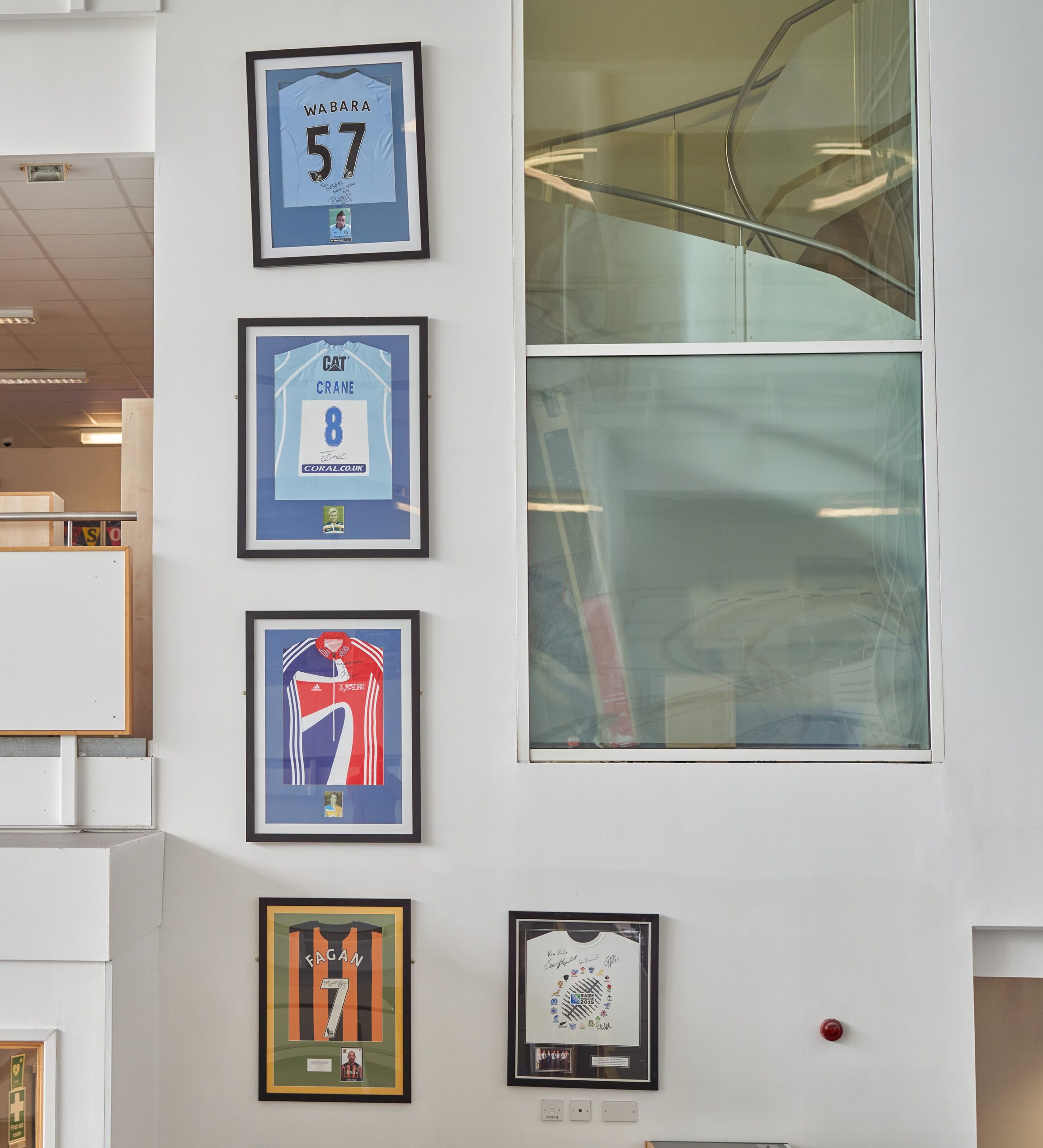
Edgerton and Molesworth have positive memories of school as well. “Sixth form was where Lewis and I got closer to Ben,” Edgerton says. “We were all having a laugh. It was good times.” They had to grow up quickly once they left school, he adds. He came close to joining the army. “It was all after sixth form. Life starts to get more serious then. Turning up for school, age 17, I was just pissing about really.”
The pair also credit the school’s approach to sports with bringing them together and building their taste for winning. Dave Bayliss was their PE teacher — he is now an assistant head at another school in rural Shropshire. “I remember that group very well,” he says. “Reece was probably our best sportsperson who represented the school, but all of them had positive experiences in PE.”
Bayliss thinks that giving students access to PE remains vital. “It gives that resilience to keep going, and you learn lots of soft skills through sport,” he says. “We had inter-house sports that they all got involved with, and the camaraderie, the resilience, the working together, that teamwork ethos, may have gone into their businesses.”
South Bromsgrove High is still churning out stars. The folk singer Katherine Priddy, a contemporary of the entrepreneurs, has played at Glastonbury and the BBC Proms. Poppy O’Toole, a 30-year-old Michelin-trained chef and self-titled “Potato Queen”, is a Sunday Times bestselling author of cookbooks and regularly appears on daytime TV. Jess Varnish, 33, became an Olympic sprint cyclist when she competed for Team GB at the London Games in 2012. One of her racing bibs is displayed prominently in the school’s main foyer, just below Wabara’s No 57 Manchester City shirt with the message “To SBHS, missing you all”.
South Bromsgrove High is the largest Duke of Edinburgh awarding centre in the country, with just under 500 students out of the total school of 1,350 taking part in one of the awards each year. In May, 50 went to collect their gold awards at Buckingham Palace. Out of a sixth form of 175, about a third are taking business studies at A-level or the vocational equivalent.
The school shares a hedge with Bromsgrove School, one of the oldest public schools in the country, the alma mater of Lord [Digby] Jones and Lord [Michael] Heseltine, and where day pupils pay £6,925 a term. Its state-run neighbour takes children from year nine, has a good Ofsted rating and outstanding for personal development and for the sixth form. It operates a three house system — “a competition”, as the headteacher Chris Smith puts it. They are called Vernon (blue), Talbot (red), and Plymouth (green), all named after local landowners. “It’s a bit like Hogwarts,” says Smith, who has worked at the school since 1998. Gymshark’s Ben Francis was in Talbot; Liam Molesworth of Clive Henry Group and Reiss Edgerton of AYBL were in Plymouth.
The student houses compete through the year in sports, poetry, art and debating, and in the autumn there is an Eisteddfod, a three-day cultural extravaganza with music and dance, plus some more sport. “It’s predominantly student-led, so the most prestigious leadership positions in the school are the house leadership ones,” Smith explains. All students are required to do three character-building activities a year and all these extracurriculars came roaring back after Covid restrictions were eased, a decision that has not been made at all state schools.
Smith says one of the things he has focused on since becoming headteacher in 2017 is employability. He invested in a full-time careers adviser, despite tight budgets, and a senior member of staff who co-ordinates initiatives with local businesses, including site visits and work experience. Every Year 11 pupil does a practice job interview session with a local business owner.
The headteacher also has regular breakfasts with the companies and is a member of the Bromsgrove Rotary Club. “We run competitions in school that engage local businesses. For example, we ran heats here for the Young Chef award, which brought in local business owners to do the judging,” he says.
Another initiative is called the Engineering Cadet Scheme. “Engineering students in school are linked up with a local business and are given a problem to solve for the company and have to come up with a business plan and a technical solution, and present that back to the business.” One recent project had Year 12 students reconfiguring a warehouse and writing the software. “It’s impressive stuff,” Smith says.
What could the new government do to help South Bromsgrove High seed the ground for a new generation of Gymsharks, AYBLs, Manière De Voirs and Clive Henry Groups? “Whatever the next government is, it should continue to invest in schools because we are good at this work of developing entrepreneurs,” Smith responds.
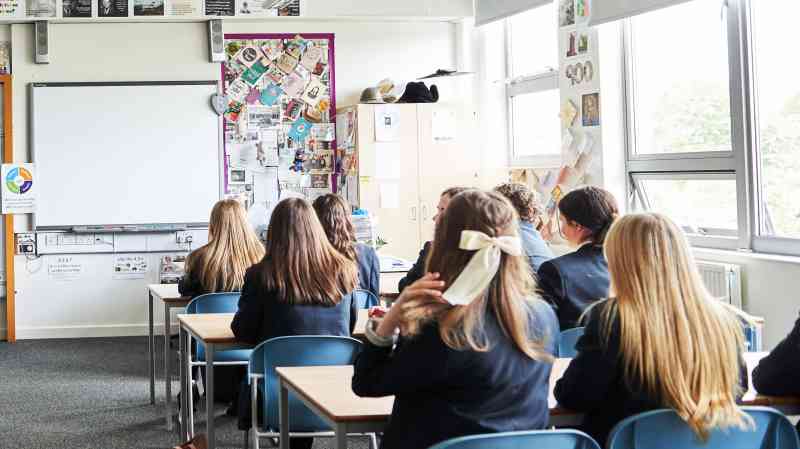
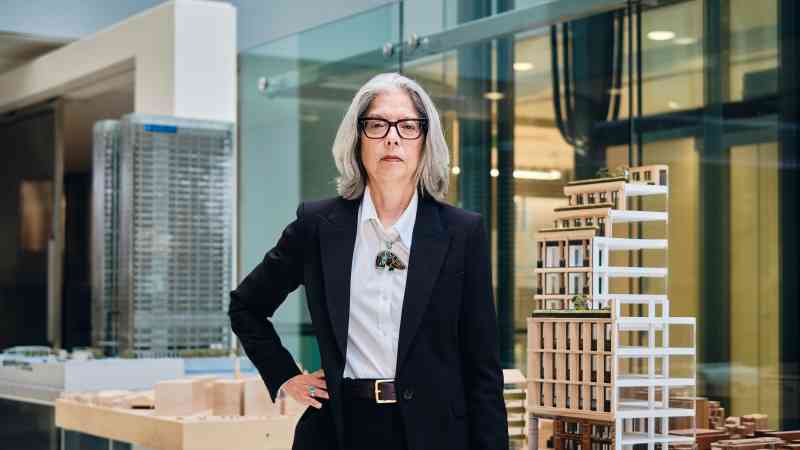
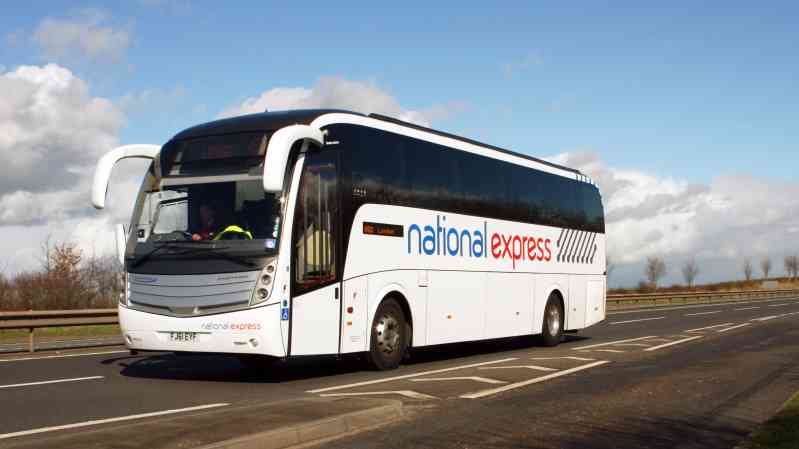
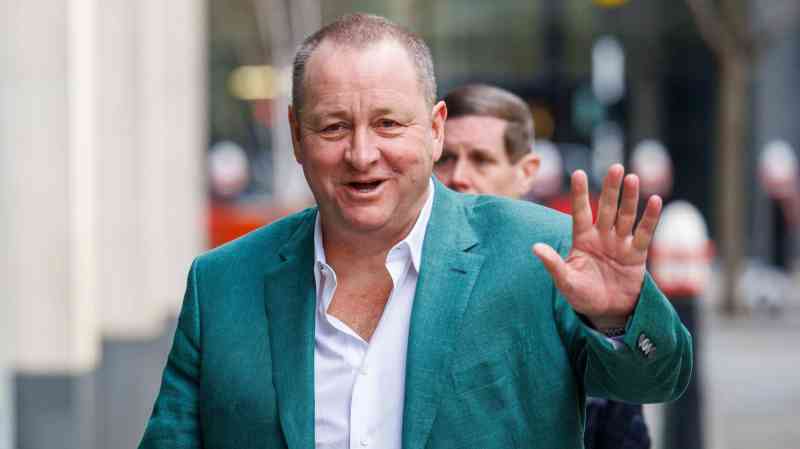
Post Comment